Market Analysis
In-depth Analysis of Vitamin C Market Industry Landscape
The Vitamin C market is subject to dynamic forces that reflect both consumer behaviors and broader industry trends. Vitamin C, also known as ascorbic acid, is a vital nutrient renowned for its immune-boosting properties and antioxidant benefits. The market dynamics of the Vitamin C industry are intricately linked to health and wellness trends, consumer awareness, and scientific advancements.
The primary driver behind the growth of the Vitamin C market is the increasing focus on preventive healthcare and wellness. Consumers are becoming more conscious of the role vitamins and minerals play in supporting overall health, and Vitamin C has emerged as a key player in this narrative. The demand for immune-boosting supplements has surged, particularly in the wake of global health concerns. As consumers seek ways to fortify their immune systems, the Vitamin C market has experienced a notable uptick in demand.
Furthermore, lifestyle changes and dietary patterns contribute significantly to the market dynamics. Busy lifestyles and a shift towards processed and convenience foods have led to dietary imbalances, prompting consumers to turn to supplements to meet their nutritional needs. Vitamin C supplements, available in various forms such as tablets, capsules, and gummies, offer a convenient solution for those looking to incorporate this essential vitamin into their daily routines.
Globalization and increased access to information also play a pivotal role in shaping the Vitamin C market. With the world becoming more interconnected, consumers have access to a plethora of choices from different regions. This has led to an influx of diverse Vitamin C products, including natural sources like fruits and vegetables, as well as synthetic supplements. The market has responded with a range of options to cater to varied consumer preferences, creating a competitive landscape with a wide array of products.
The market dynamics are further influenced by ongoing research and developments in the field of nutrition and wellness. Scientific studies highlighting the benefits of Vitamin C in areas beyond immune support, such as skin health and anti-aging, have expanded the market potential. Manufacturers are capitalizing on these findings to position Vitamin C as a versatile and multi-faceted supplement, appealing to a broader audience.
The Vitamin C market is characterized by a mix of established players and emerging entrants. Established brands often rely on their reputation for quality and reliability, while newer entrants focus on innovation and differentiation. Organic and natural formulations, as well as sustainably sourced Vitamin C, are gaining traction among consumers who prioritize clean and environmentally friendly products.
Retail channels also play a crucial role in the market dynamics of Vitamin C. Traditional brick-and-mortar stores, health food outlets, and pharmacies remain key distribution channels. However, the rise of e-commerce has provided consumers with the convenience of purchasing Vitamin C supplements online, contributing to the market's accessibility and reach.
Government regulations and quality standards are paramount in the Vitamin C market. Adherence to strict regulations regarding product labeling, safety, and quality is essential to build and maintain consumer trust. Manufacturers invest in quality control measures and certifications to meet regulatory requirements and ensure that their products meet the highest standards.


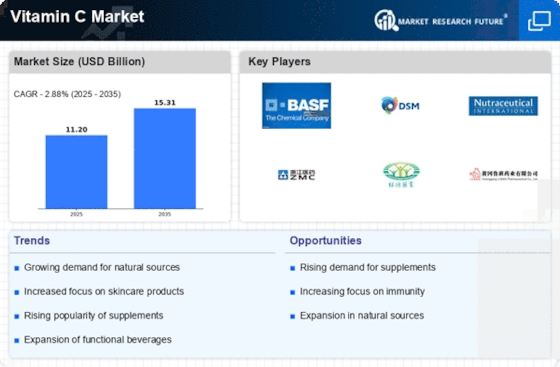

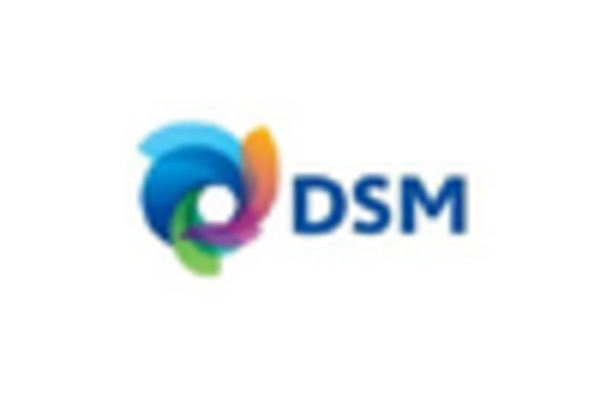
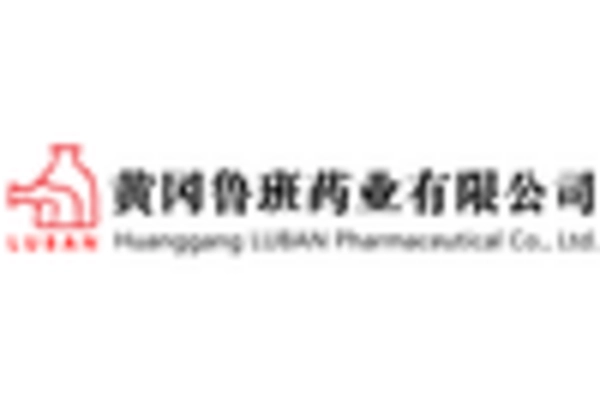
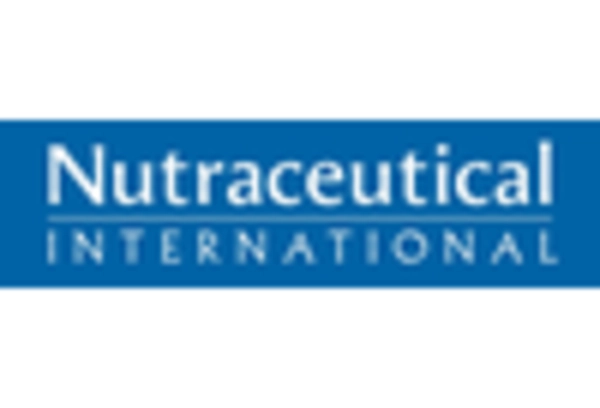
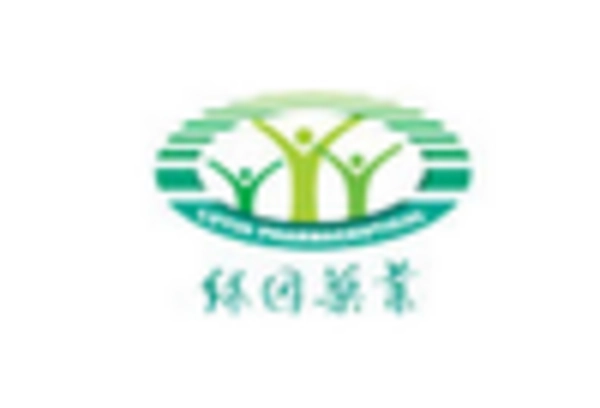
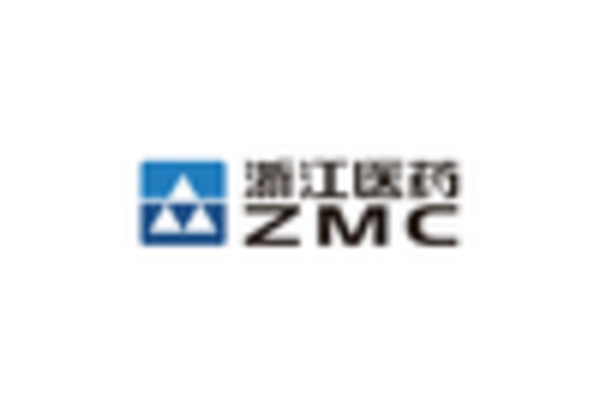









Leave a Comment